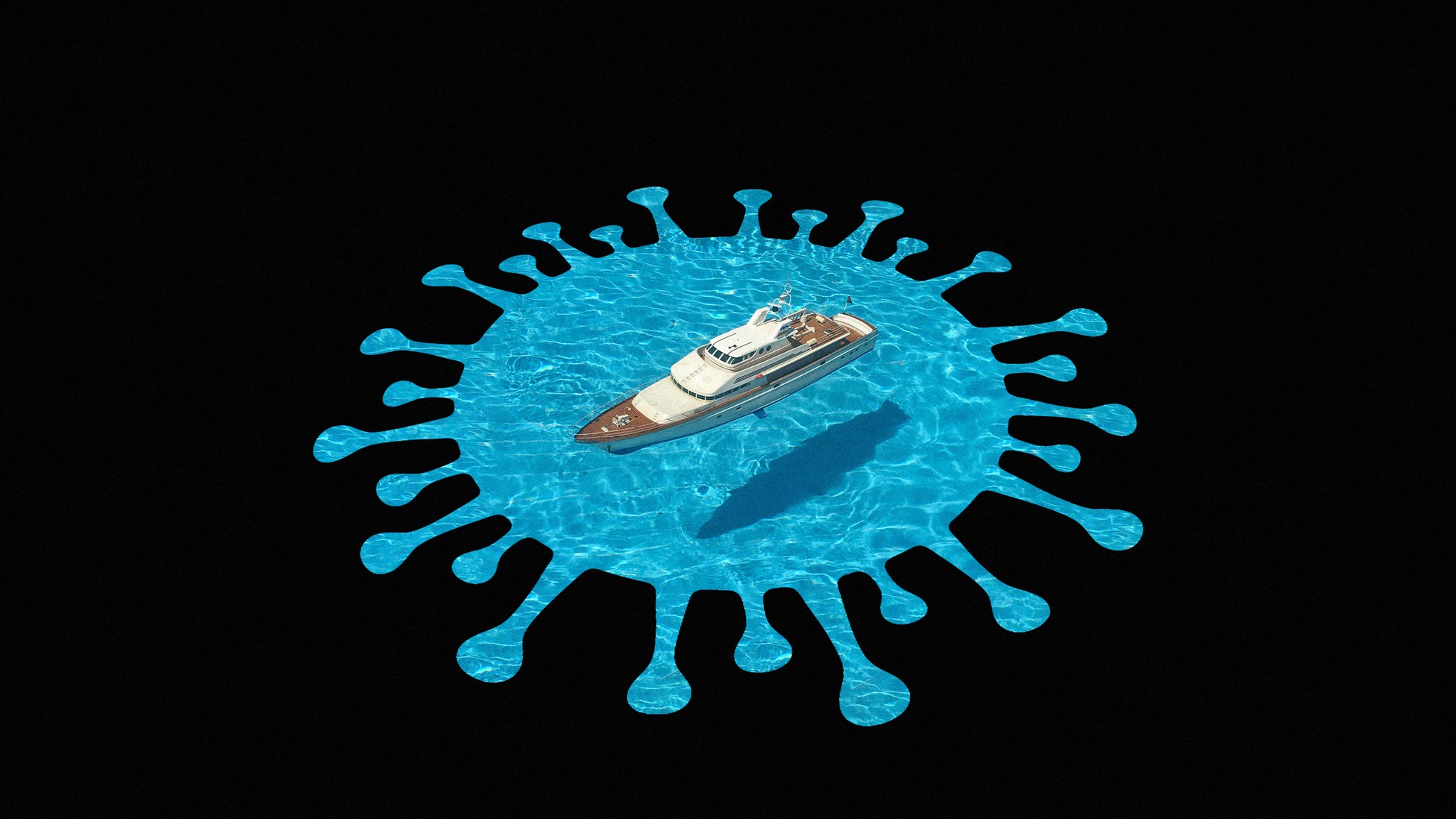
The Atlantic
The Atlantic's media bias rating is featured on the AllSides Media Bias Chart™.
The Atlantic has a Left bias.

The Atlantic Bias Rating Moved from Lean Left to Left in October 2022 Small Group Editorial Review
In October 2022 an AllSides Small Group Editorial Review of The Atlantic was conducted by reviewers from the left, right, and center. They rated the Atlantic Left. Across the panel, they noticed consistent sensationalism in word choice and slant. AllSides changed The Atlantic’s AllSides Media Bias Rating™ from Lean Left to Left following this review.
One reviewer noted that many of the headlines on the homepage were sensationalist (emphasis ours):
- The Climate Economy Is About to Explode
- Is This the End of ‘Socialism for the Rich'?
- Russia’s Nuclear Bluster Is a Sign of Panic
- Doug Mastriano’s Lunatic Appeal
- The United States of Confederate America
Reviewers on the left and center noticed several articles favored Democrats and criticized Republicans as “election-deniers”:
- The Next Presidential Election Is Happening Right Now in the States
- ‘Stop the Steal’ Is a Metaphor
- Bad Losers
The reviewer on the left pointed out that the story choice could be mixed at times – citing a story on boys and men, which is a topic more often covered by the right.
The story choice of The Atlantic overall demonstrated story choice bias by focusing on the climate, long COVID, policing, and Trump-era policies. Reviewers from the left and center saw significant slant in the Atlantic’s reporting on policing. The article says, “Sometimes cops lie. Sometimes they shoot a man in the back and leave him facedown on the ground but tell the public something else,” without presenting any opposing, favorable views of the police.
About The Atlantic
The Atlantic is an American magazine (founded as The Atlantic Monthly) in Boston, Massachusetts, in 1857. It was created as a literary and cultural commentary magazine. It quickly achieved a national reputation, which it has held for more than 150 years. It was important for recognizing and publishing new writers and poets, and encouraging major careers. It published leading writers' commentary on abolition, education, and other major issues in contemporary political affairs.
Funding, Financing and Ownership
Note: Funding and ownership is not taken into account when determining AllSides Media Bias Ratings. While it's true ownership and financial interests can affect what goes to print, our bias ratings are determined by assessing the bias of content only. We provide financial and ownership information as an FYI to our readers.
In 1999, David G. Bradley became the owner of The Atlantic, Bradley owns other media outlets and journals under the umbrella of Atlantic Media. On July 28, 2017 the Emerson Collective, owned by Laurene Powell Jobs, acquired a majority stake of The Atlantic from David Bradley. David Bradley still owns a minority share of the Atlantic.
Financing and ownership information last updated February 22, 2021. If you think this information is out of date or needs to be updated, please contact us.
At the start of the pandemic, COVID-19 was often depicted as an agent of random chaos, a disease that affected everyone irrespective of their race, gender, or socioeconomic status. On virtually every count, this assumption has proved to be false. Although the coronavirus managed to disrupt how human beings live and work, it didn’t do so proportionally. The crisis hit an unequal world and, when it did, exacerbated those inequalities. By and large, living through the worst of the pandemic has been easier for the wealthy, many of whom could afford to maintain a certain semblance of normalcy while mitigating health risks. The superrich got even richer.
To get a glimpse into the world of the affluent during the pandemic, I reached out to many of the businesses that flourished off them. Private jets, superyachts, personal catering, concierge medicine—these industries have not only survived but thrived during the pandemic, in large part because they could provide their customers with all the things that COVID-19 had rendered in short supply, like safety, seclusion, and, above all, a sense of control. The wealthy have already learned how to live with COVID-19 (albeit at a very high cost). Now the rest of the world must figure out how to do the same, on a budget.











